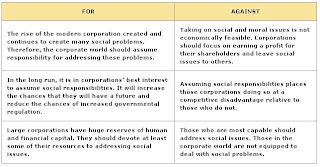Options before RBI for Weakening rupee
Problem: The falling rupee’s 18% decline since August has made it the worst-performing Asian currency this year. This is worrying policymakers, not least because a steady drop in the country’s foreign exchange reserves and a worsening current account deficit make it vulnerable in a tough global environment. Extent: India’s foreign exchange reserves have fallen in recent months, dropping to a nine-month low of $304 billion on November 25. The country had repayment obligations worth more than $100 billion in the 12 months to June 2012, data released earlier this year showed. Currency strategists at HSBC and CLSA have forecast the rupee slipping another 13% from its present levels to 58 per dollar in the next few months. Why the problem arose: The Euro zone crisis has triggered risk-aversion among investors and slowed capital inflows pressure on the economy and the currency from a slowing economy, a widening trade deficit amid high contractual repayment obligation...

